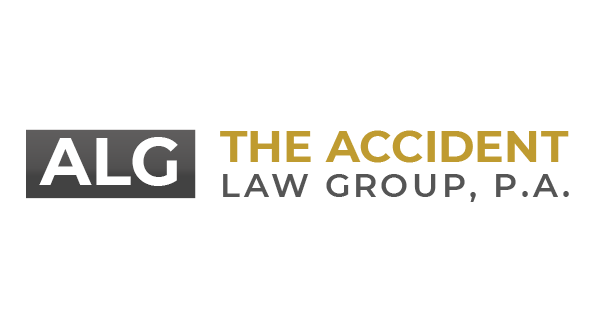When you get hurt at work, it isn’t always an accident. The term accident implies that no one has fault for the situation. Many workplace injuries are the result of a mistake, oversight or other issue. In other words, someone might be at fault, and the injury might have been preventable with greater care on the part of the people involved.
A chef arguing with a dishwasher might look away from their work and cut themselves severely. Someone working in an assembly line in a factory might accidentally skip one of the steps involved in their job function, resulting in a severe injury, like a crushing injury to their hands.
If you were partially or totally at fault for the situation where you got hurt on the job, do you lose out on your right claim workers’ compensation benefits?
Workers’ compensation is a no-fault system
Many forms of liability insurance focus on fault. In a car crash, the person who causes a wreck is the one whose insurance policy pays for medical bills and property damage caused by the collision. Even medical insurance may sometimes look to liability, refusing to cover care if you could make a claim against someone’s homeowner’s insurance, for example.
Workers’ compensation is a no-fault insurance program. You don’t have to prove that your employer was negligent or committed any wrongdoing. You also don’t have to prove that you were completely innocent in the situation.
Even if you cut off your own finger or slipped because you spilled your own drink on the floor, you have the right to make a claim for both medical benefits and disability benefits if you can’t work after you get hurt. If your employer refuses to pass your claim along to the insurance company, you even have the right to file your claim with them directly.
Are there exceptions to the no-fault rule?
While it is true that most anyone hurt on the job has the right to file a workers’ compensation claim, there are a few limited scenarios where someone might not get workers’ compensation benefits.
Those breaking the law at the time of their injury may not be able to claim benefits. The same is true of injuries that don’t take place while you are on the clock and at your workplace. If you broke into your workspace after hours to set up a prank on your boss and fell down the stairs, the fact that you weren’t on the clock and that you illegally trespassed will likely prevent you from getting workers’ compensation.
Additionally, if medical professionals test you for drugs and alcohol and they determine that you were under the influence of alcohol or an illegal drug at the time of your injury, that could also keep you from getting benefits. In almost any other situation, even when it is your own mistake or negligence that led to your injury, you likely have the right to seek workers’ compensation benefits until you heal and can return to work.



